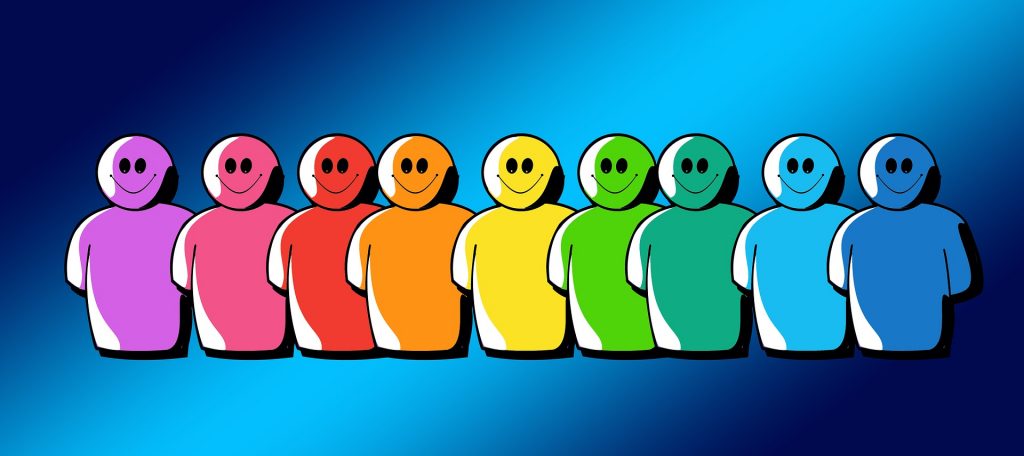
”The source of genius is imagination alone, . . . the refinement of the senses that sees what others do not see, or sees them differently.”
… Eugene Delacroix (1798-1863) French painter
A key idea of the ontological work is that of ‘different observers’. I am not just saying others observe the world differently to me, I am saying we all are different observers from each other. We may as well say we are all ‘unique observers’ of the world.
This idea is obvious to most people when they think about it. After all, it is easy to see you and I do not observe the same thing even if it is just from where I am physically located compared to you. If I am standing behind someone and you are standing in front of them we will observe different aspects of that person. The thing is people generally don’t think about these different viewpoints in everyday life, rather they assume others observe what they do.
This idea of unique observers is more profound than simply noting we observe or see the world differently. We are also unique experiencers of the world and all we know of life is our own subjective experience of it. No one else’s, just our own. When I ask you how life is going, you will tell me about what is going on for you. However, I interpret what you tell me from my own frame of reference. I do not experience it as you do. I cannot.
All that you know is because you have experienced coming to know it. Again, most people get this when they think about, yet once again, they rarely do. The upshot is people tend to believe they directly observe what is real rather than seeing this as their experience of what is real.
We are also unique interpreters of the world. We make sense of the world on the basis of our physical being and our past experiences. As everyone has different physiology and different experiences, our sense of the world is unique to us. And we are making sense of our experience all the time. Everyone of us.
When others tell us of their own experience and interpretations, we have to put it into the frame of reference that is our past experience. We cannot do otherwise. When you tell me you are angry, I consider this from the point of view of what anger is for me. When you tell me about how you feel about someone, I consider this in my own experience and stories of them. And so it goes.
All this uniqueness begs the question about how we get on with each other at all! We seem to do so by making the assumption that others are pretty much like us. In general terms, this obviously works. Yet, when it doesn’t work, it is often challenging for us to explore why not. Too often, we continue to assume our experience and interpretations are the same as everyone else. Or more to the point, their experience is the same as ours and our experience or interpretation is the ‘right’ one!
The idea of unique observers provides a great opportunity for us in life. When someone does something we do not understand, we can always be in the question of what they might be observing, experiencing and interpreting in that moment. We can never see through their eyes, experience as they experience nor interpret as they do, for how could we know that was the case. Yet, simply being in the question provides for a greater understanding and more effective way of relating.
Related Concepts